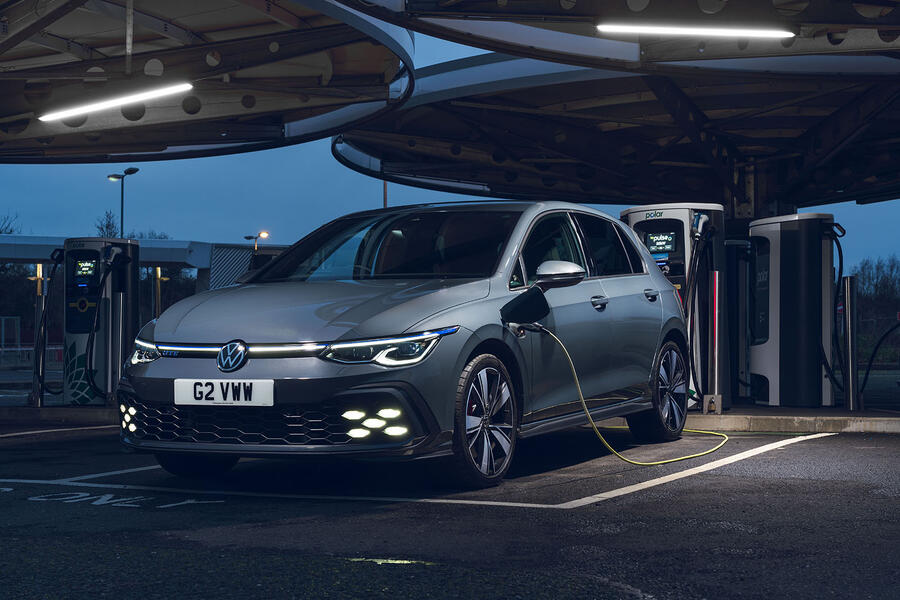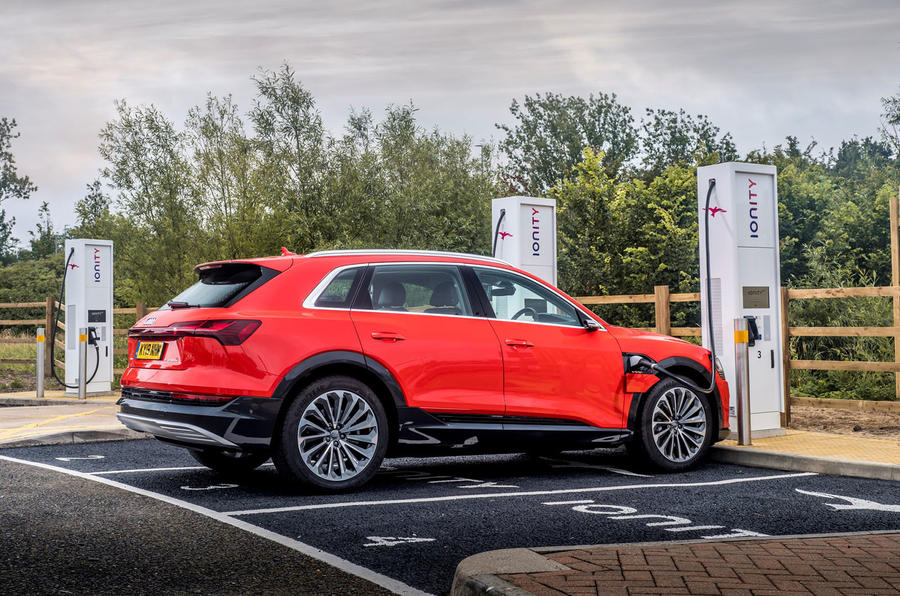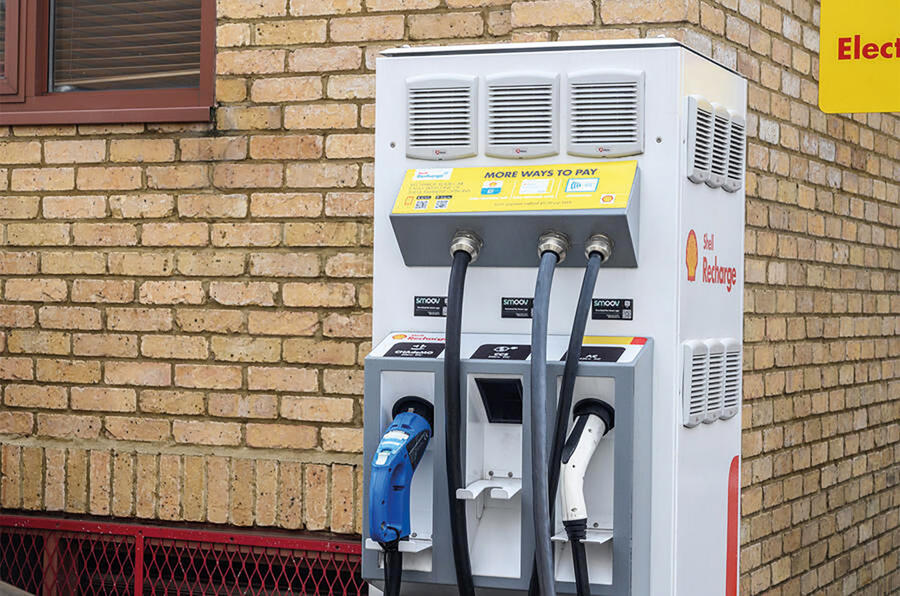When the UK government revealed in November that it would bring forward its ban on the sale of new petrol and diesel cars to 2030, a starting gun was fired to signal to the car and electric vehicle charging industries that the race is on. Both must deliver suitable infrastructure to support a mass adoption of EVs in the next decade.
One major problem the current public charging network faces is an absence of chargers away from congested areas of the country. According to data supplied by Zap-Map, 40% of the public charging network is located in London and the south-east, compared with just 3.7% in Wales.
A Welsh government spokesman acknowledged the disparity, telling Autocar: “There are specific challenges in remote and rural areas, where there’s a particular need for collaborative work and potentially greater public-sector stimulus.
“We’re working with Transport for Wales to install rapid charging facilities in 11 locations across mid- and north Wales, close to strategic routes, and there are plans for further schemes to follow.”
In 2019, Stephen Gifford, who sits on the board of Wales’ National Infrastructure Commission, told us that it was “simply not commercially viable” for private companies to install points in rural Wales and predicted that the state would have to step in instead.
What needs to be done to create a network suitable for tens of millions of EVs in the next decade, though? According to Sir John Armitt, chairman of the UK National Infrastructure Commission, the public and private sectors need to work together more, while the government’s electricity sector regulator, Ofgem, must ensure there is accountability.

Armitt told Autocar: “What’s needed is collaboration with the car makers, the government with its policy, the regulator and the energy distributors to be working together. There needs to be a plan. Without Nearly all public EV chargers are tacked onto existing service stations or installed at ‘destinations’ one, there’s a strong risk that, by the time we get to 2030, the government will need to back off its policy or extend the expiry date on new petrol and diesel car sales.











Join the debate
Add your comment
Basically, many people are covering their precious backsides by making promises that they do not have to keep: the vagaries of politics and commercial contracts ensure that most of the guys we read here will not be in post by 2030, the first major crunch date...
EVs will come, some day, but ICE have quite a long future for sure!
Until the major issue of converting ALL vehicles to electrical power is resolved, there will be a lot of resistance from the public: who would trust a fire-engine with range/length of intervention limited by battery life when all its pumps and other motors are working at full chat? Or an ambulance? Or a snow-plough (not so common but...)? Or a river rescue boat, let alone an RNLI one... As for military or Police vehicles: would it be acceptable for the boys in green or blue to stop at Tesco and re-charge for 25 minutes?
Cart before the horse here!
Is this article sponsored by the VW Group?
Strange: previous comment gone without a trace? Why Autocar?